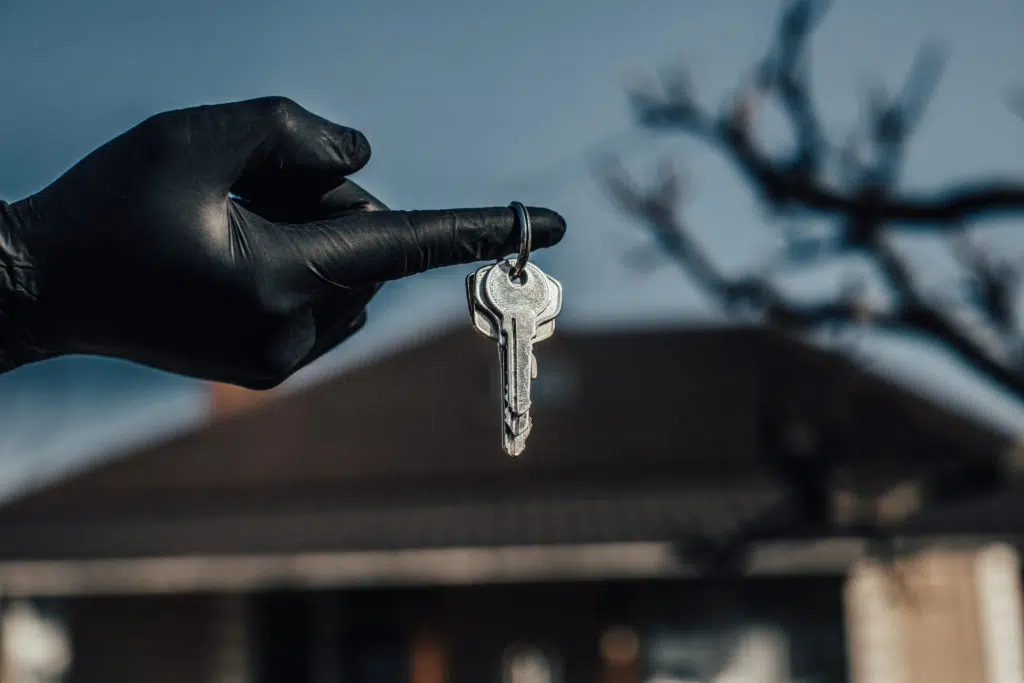
Property Management During Covid-19
PROPERTY MANAGEMENT DURING COVID-19
Like every other sector, property managers have to put in extra effort into functioning through the COVID-19 outbreak, from the implementation of social distancing measures to evolving renewal policies. For landlords and property management companies, things have changed.
Property owners, managers, and management teams must be be vigilant and methodical in continuing to reduce the risks of infection inside buildings and to minimize possible incidents of transmission.
Property Management Concerns During COVID-19
If you are undergoing remodeling any of your properties, should you continue doing so? Might that be putting the other tenants at risk? What if one of your tenants gets sick, are you opening yourself up for a possible lawsuit?
What happens if a tenant doesn’t let you do critical maintenance on a broken pipe or toilet in their unit? Should you place a note on their door for 24 hours, and go anyway? Should you just shut their water off?
If you’re a landlord, you have probably a million such questions during the COVID-19 outbreak. We’re here to answer them.
- Planning For COVID-19
If you don’t have a plan, consider hiring a property manager. A good property manager already has or is working on a pandemic plan to handle issues being faced by tenants and landlords during the pandemic. If your area is still not within the virus zone, it’s still wise to come up with a plan of action so you’re prepared, just in case it reaches you. Property managers are at the forefront, as their primary concerns are the health and safety of staff, clients, and tenants.
- Performing Emergency Repairs Only
Let the tenants know that all non-essential maintenance and repair needs to be stopped for the time being to keep everyone safe and secure. If an emergency repair has to be done promptly, the safety requirements of the CDC need to be followed.
Wearing boots, masks, and holding a distance of at least 6 feet from other people should be adopted. Tenants should go for a walk or live in a different room when doing the emergency repair. Make sure the property manager has been taking all precautions to keep everyone safe.
- Temporary Suspension of Evictions and Rent Flexibility
Tenants who are unable to pay rent, call for rent relief and request federal, state, and local governments to impose restrictions on eviction, as millions have applied for unemployment. Property owners also plead for help they could go bankrupt themselves and be forced to sell their rental properties if tenants do not pay.
After the COVID-19 outbreak, the majority of states with shelter-in-place orders passed laws temporarily suspending evictions, with many businesses closing and unemployment increasing. Before evicting a tenant you better comply with the new regulations and provide any rent flexibility if possible for your tenant during these unprecedented times.
- Making Cleaning/Sanitizing A Priority
Property maintenance by keeping the spaces clean is one of the primary functions of running a rental property. One way to combat COVID-19 is by improving cleaning practices and supplying tenants with options to supplement what’s being done. One recommendation to be practiced by property managers is to stress the importance of cleaning hard surfaces such as phones, light switches, tables, and handles. It should be considered that hand sanitizers are mounted in heavily congested areas such as elevators and entrances. Another tip is to have the proper cleaning wipes for tenants so they can scrub down their personal spaces.
During these unprecedented times, make sure you hire a property management company that prioritizes all safety precautions against COVID-19, including the one discussed above to keep yourself and your tenants safe.
Hiring A Property Manager
If you haven’t hired a responsible property manager yet, please get in touch with Kanga Property Management to handle your properties in a safe manner.


